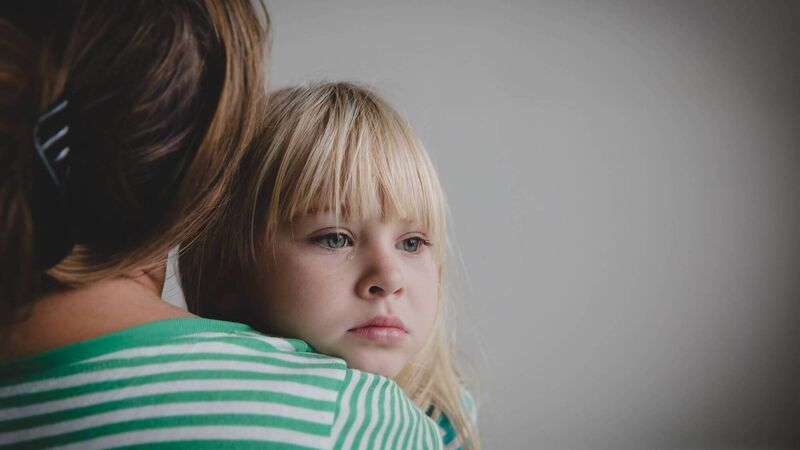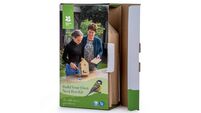Trudy Meehan on how her book is helping kids bereaved by suicide to understand ‘why?’

After the shock of her husband’s death by suicide, Trudy Meehan’s biggest concern was how she would support their two-year-old daughter, Meara. Picture: iStock
After the shock of her husband’s death by suicide, Trudy Meehan’s biggest concern was how she would support their two-year-old daughter, Meara.









